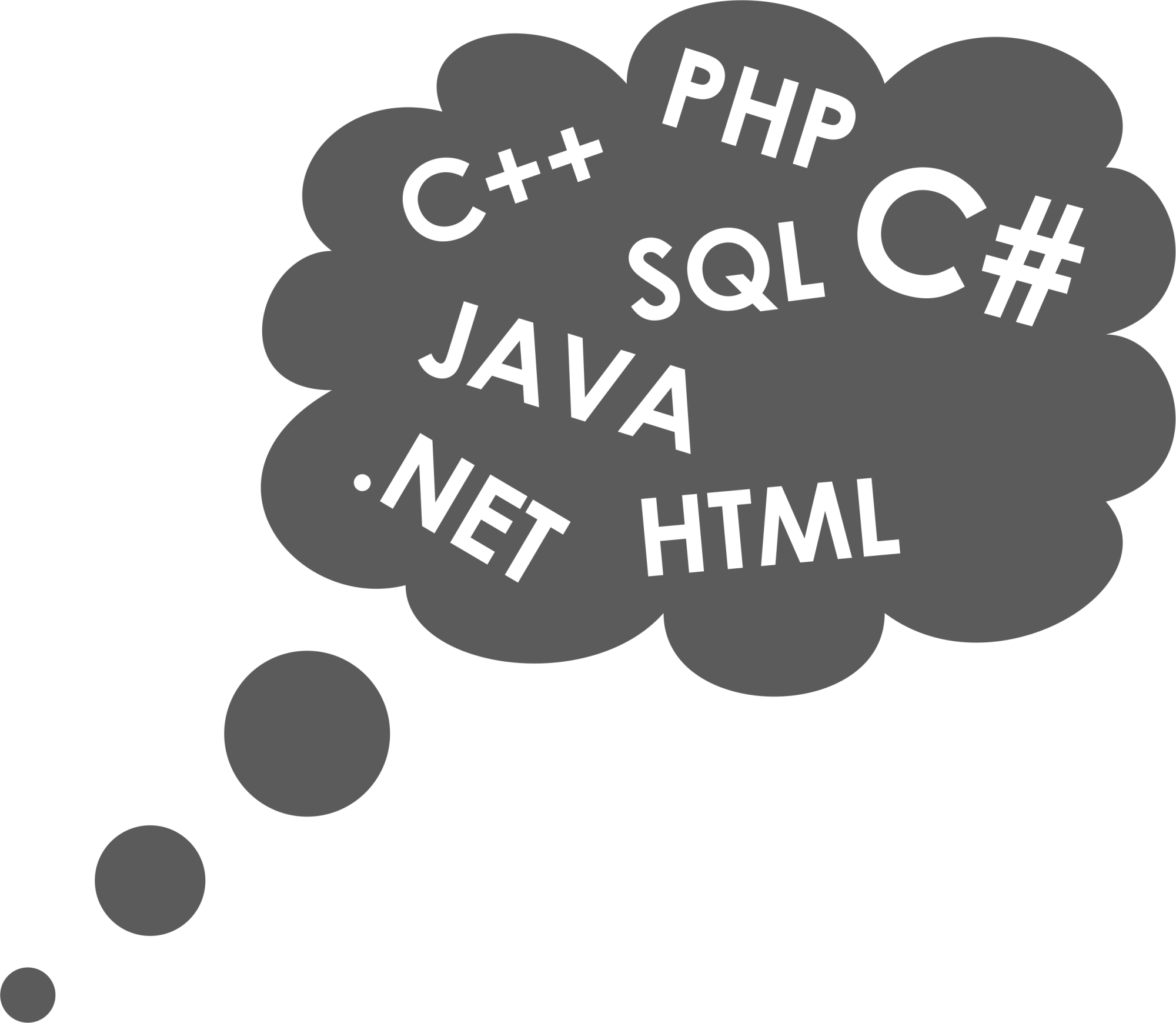Popular Programming: What are the Common Computer Languages?

The first computer was developed by Charles Babbage in 1822. It’s considered the first automatic computing machine.
If you’re passionate about computers, then you might be interested in learning about different programming languages. While it might seem difficult deciding which to learn, there’s hope.
This article will take a look at the most common computer languages. Read on and learn how common these different computer languages are, and how beneficial they are for multiple careers.
What Is a Computer Language?
Programming languages through the ocr library are what’s used to communicate with computers. There are 3 main languages used to develop computer programs.
These include:
- High-level language
- Machine level language
- Assembly level language
Machine level language is the object code or machine code of binary digits of 0 and 1. They’re read by a computer system. It can be read by a central processing unit (CPU).
A high-level language is easy to understand and you can write it as well. The code can also be transferred to other machines.
An assembly-level language is a low-level language for programmable devices and microprocessors. It’s known as a second-generation language. Through assembly language, you can learn how to code for registry access, clock cycle operations, and memory management.
1. Python
Coding for beginners is easy with Python. It can also be integrated with other programming languages. The one con is that it’s not ideal for mobile applications.
2. Java
Building client-server applications are often used with Java. As long as a platform supports Java then it can be run there.
That means that when you write it then you can use it across multiple platforms. It’s popular for Android mobile devices.
The con of Java is that it’s not a good choice for the Cloud. The company that owns Java has a licensing fee that you have to pay as well.
3. JavaScript
JavaScript is popular in front-end web development along with CSS and HTML. Many popular sites online use JavaScript to display content and web pages.
Javascript allows you to build scalable network applications. You can use Node.js with SunOS, Windows, Mac OS X, and Linux. The great news is that JavaScript can also be used on the server-side through Node.js.
4. Go
This programming language is popular with the search engine Google. It’s great for you if you’re looking to enter the field of systems. It’s similar in functionality to C++ and C without having to worry about a steep learning curve.
It’s great for building data pipelines, machine-learning packages, and web servers. Go is an open-source language that will let your programming language be enjoyed around the world.
5. TypeScript
This is a newer option for web developers that’s maintained and developed by Microsoft. It can also add static typing to the language as well.
It trans compiles to JavaScript and is ideal for developing large applications. You’ll enjoy easier coding, error management, interface modules, and navigation.
The cons are that the typing system is more complicated. There’s also a requirement for compilation.
The benefits are that trust and popularity in TypeScript are increasing. It makes your code management easier. You’ll enjoy a better interface and type annotations.
6. C#
C# was created by Microsoft for a more secure and quicker option. It can be fully integrated with Microsoft’s .NET software.
This means that you can use it to develop mobile devices, applications for Windows, and browser plug-ins. You’ll get to enjoy a large code library, shared codebases, and different data types.
It’s often used for video game consoles and mobile devices. You can also use it for Windows application development and Microsoft.
Keep in mind that it’s not as flexible as C++. Also, it has a steep learning curve, and is hard to fix errors.
7. Ruby
Ruby is a programming language that’s often used for web development. It’s often used as the base for the Ruby on Rails web application.
It’s one of the most helpful and friendly communities so it’s beginner-friendly. Many tech giants such as Airbnb, Twitter, and Bloomberg use Ruby. It’s popular among startups as well.
8. Rust
Rust is a well-liked language to learn for coders. Rust was created by the Mozilla Corporation.
It’s similar to C++ and C since it’s more for low-level programming. It’s great for security and speed.
It prevents other programs from accessing parts of memory. This can lead to system crashes and other unexpected behavior.
Many other large tech companies are starting to use it as well. It’s more difficult to learn than other languages but it’s starting to rise in popularity.
9. C++
C++ is great for when you’re looking to perform object-oriented coding. It has been around for a while and still is popular to this day.
It’s popular in embedded systems. You can also find it in gaming and communications as well. It also interfaces with other languages.
C++ has have high performance as well. It has also influenced other languages including C#, Java, and PHP. Keep in mind that although it’s not owned like other computer languages, there are authority sites out there for it.
Exploring the Most Common Computer Languages
Now that you’ve explored this guide on the most common computer languages, you should have a better idea of what’s best for you. Take your time exploring the different languages and do a comparison of which is right for you.
Would you like to read more informational guides with actionable how-tos? We can help!
Check out our other articles today. You’ll receive up-to-date content with buzzworthy information.





